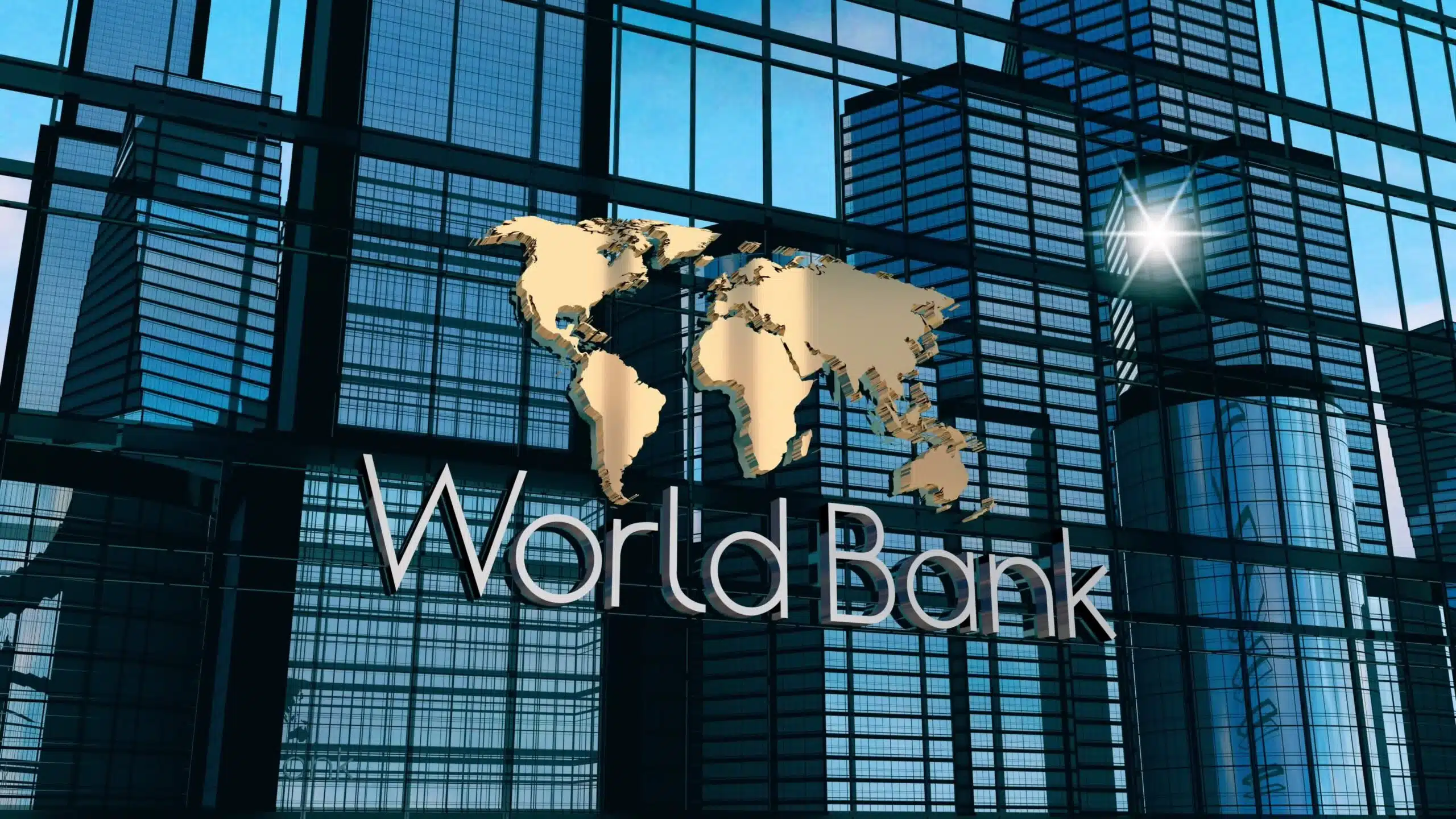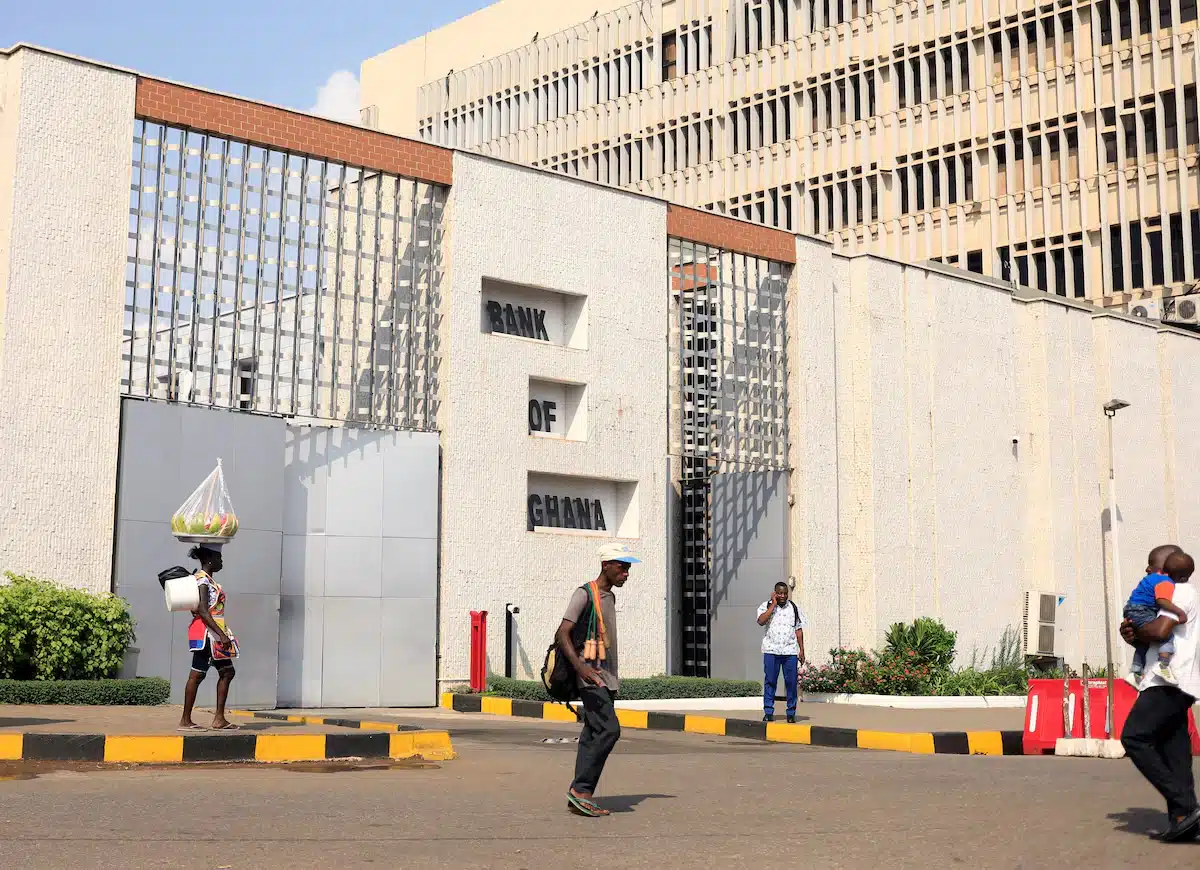Egypt’s economy is poised to strengthen over the next two years, with growth projected to reach 4.2% in fiscal year 2025/2026 and 4.6% in 2026/2027, according to the World Bank’s latest Global Economic Prospects report.
The rebound is expected to be driven by stronger private consumption and rising investment, supported in part by a major investment agreement with the United Arab Emirates.
Easing monetary conditions and a pickup in the manufacturing sector are also expected to support growth.
The World Bank said Egypt’s current account deficit is likely to narrow in 2025/2026 due to lower global oil and gas prices, higher remittance inflows, and continued growth in tourism.
The non-oil trade deficit is also expected to decline as the impact of clearing a backlog of imports from the previous fiscal year fades.
However, the pace of Egypt’s recovery remains slower than that of many countries in the region.
The Washington-based lender lowered its forecast for Egypt’s GDP growth in 2024 to 2.4%, down sharply from 3.8% in 2023. By comparison, Saudi Arabia is expected to grow by 3.4% in 2025, while the Middle East and North Africa (MENA) region as a whole is also projected to expand by 3.4% next year.
The report attributes Egypt’s weaker performance to persistent challenges, including high inflation, currency pressures, and delays in implementing key structural reforms.
Still, the multilateral lender expects the economy to grow by 3.8% in 2025, before strengthening further in the years that follow.
On the global front, economic momentum remains weak. Global GDP growth is forecast at 2.3% in 2025, while inflation is expected to remain elevated at 2.9%, driven by rising tariffs and tight labour markets.
However, the World Bank noted a possible upside: if major economies ease trade tensions and cut tariffs by half, global growth could receive a 0.2 percentage point boost in both 2025 and 2026.
The Bank urged governments to improve business environments, boost productivity, and prioritise jobs and skills training to support sustained growth.










